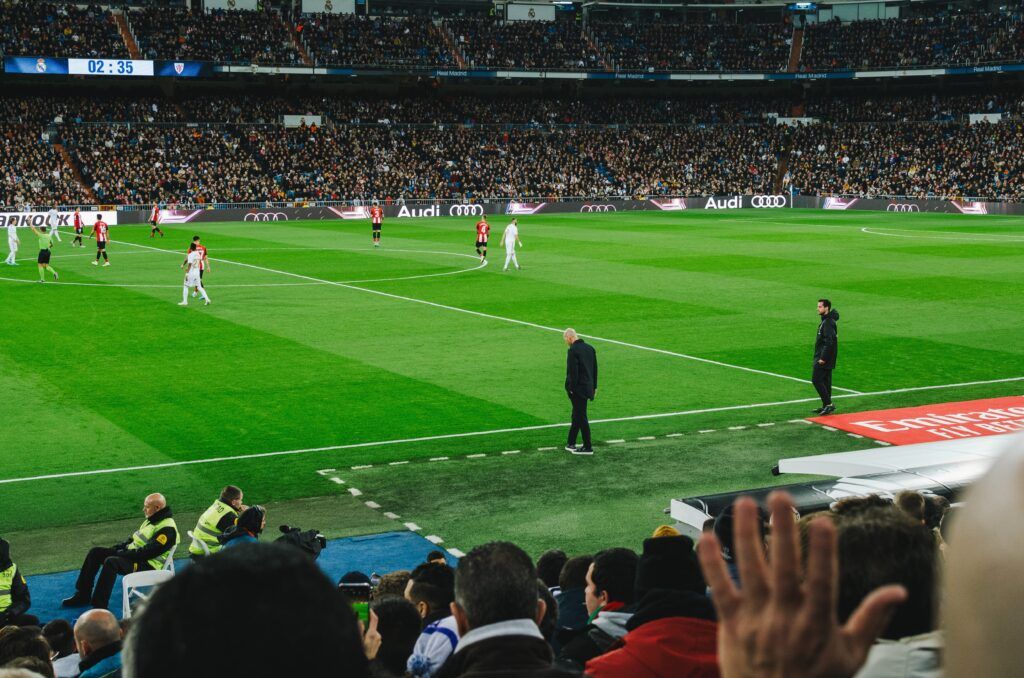- Interruption of illegal retransmissions within a maximum of 30 minutes.
- Measures to prevent arbitrary or excessive blocking of lawful content
- Sports events not covered by EU copyright rules
MEPs want an immediate block on illegal live streaming of sporting events and for organisers’ rights to be strengthened.
In a report adopted on Wednesday, MEPs put forward proposals to put an end to the growing phenomenon of illegal live broadcasts of sporting events. To combat this problem, they call on the Commission to clarify and improve the existing legal framework on intellectual property rights for live sports events, which are currently not subject to copyright protection.
They also call for specific provisions on the rights of organisers, as for them the granting of broadcasting rights is a key source of revenue, and recall that some Member States have introduced specific legal protection from which organisers can benefit.
Swift removal of illegal content
According to MEPs, the rules should be reviewed in the light of the specific and time-limited value of live sports events. They believe that concrete measures are needed to ensure the immediate removal of illegal content, with safeguards. The text calls for retransmissions to be removed or disabled immediately, and at the latest 30 minutes after notification by rights holders or a certified “trusted indicator”.
Parliament stresses the importance of platforms acting swiftly to take down content and calls for common EU criteria to designate certified “trusted indicators”, as well as further harmonisation of procedures and remedies in the future Digital Services Act and in other sector-specific proposals.
Safeguards
Injunction procedures to remove illegal sporting events must avoid arbitrary or excessive blocking of legal content, MEPs insist. Enforcement measures should be proportionate and include the possibility of judicial redress, especially for small and emerging companies.
They also recommend promoting the legal supply of sports content and making it easier for consumers to find it on the internet. The responsibility for illegal broadcasts should lie with the providers, not with fans or consumers, the resolution clarifies.
The report was adopted with 479 votes in favour, 171 against and 40 abstentions.
Statement
“Piracy of live sporting events is the biggest challenge facing organisers. The problem with existing measures is that their implementation comes too late. The report calls on the Commission to clarify and adapt existing legislation, including the possibility of issuing injunctions for the real-time blocking or removal of authorised content,” said rapporteur Angel Dzhambazki (EPP, Bulgaria).
Background
In the context of the 2019 copyright directive, the Commission stated that it was assessing the challenges faced by sports event organisers in the digital environment, in particular problems related to illegal streaming, and committed to follow up on Parliament’s proposals to address these challenges. The proposal on the Digital Services Act, which is currently being scrutinised by Parliament, includes measures to address this problem, but does not address the challenges faced by specific sectors.
More information here







Leave a Reply